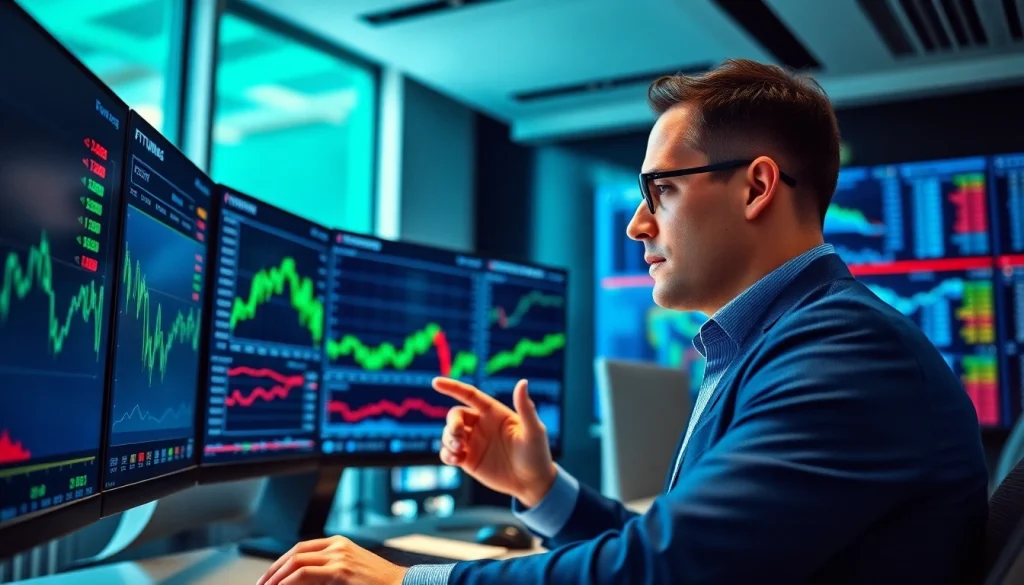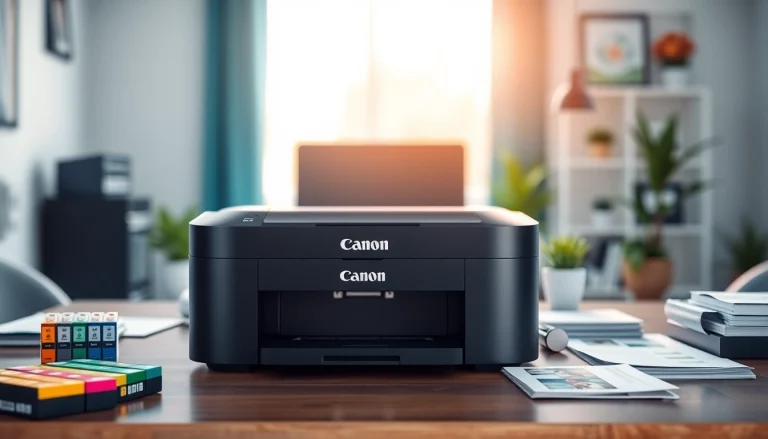
What are Trade Futures?
Defining Trade Futures
Trade futures refer to a type of financial contract known as a futures contract. This is an agreement between two parties to buy or sell a specific asset at a predetermined price on a specified date in the future. Futures contracts can pertain to a wide range of assets, including commodities like oil, gold, and agricultural products, as well as financial instruments such as stock indices, currencies, and rates. Unlike stocks, which represent ownership in a company, futures are derivative contracts that derive their value from the underlying assets’ performance.
In essence, engaging in trade futures is a way for investors to speculate on price movements in these underlying assets while potentially benefiting from price changes without necessarily owning the assets directly.
The Role of Futures Contracts
Futures contracts play a critical role in financial markets, particularly in the context of risk management and speculation. They allow hedgers, such as farmers or producers, to lock in prices for their goods ahead of time to avoid potential losses resulting from price fluctuations. By doing so, they gain price certainty which can assist in budgeting and financial planning.
On the other hand, speculators use futures to take advantage of price movements. They might not have any underlying asset, but they anticipate market trends and trade futures contracts to profit from their predictions. This dynamic adds liquidity to the market, which is vital for efficient market function.
Key Terms in Futures Trading
Understanding the following key terms is essential for anyone interested in trade futures:
- Contract Size: This indicates the quantity of the underlying asset represented in a single futures contract. For instance, one oil futures contract typically represents 1,000 barrels of crude oil.
- Expiration Date: The date on which the contract is settled, and the buyer must purchase the underlying asset or the seller must deliver it.
- Margin: This is a security deposit that traders must put up to open a futures position, often a fraction of the contract’s total value.
- Leverage: Futures allow traders to access larger positions than they could afford if they were buying the underlying asset outright, which amplifies both potential gains and losses.
Benefits of Trading Futures
Leverage and Margin in Trade Futures
One of the most compelling advantages of trading futures is the ability to leverage capital. Traders can control a significantly larger position in the market than the amount of money they need to deposit as margin. For instance, if a trader wants to control $100,000 worth of commodities, they might be required to put up only $5,000 as margin, depending on the broker’s policies and the specific futures contract.
This leverage can lead to substantial profits if the market moves in the trader’s favor. However, it is important to recognize that leverage can also result in significant losses, making risk management critical in futures trading.
Diversification Opportunities
Futures trading offers investors a way to diversify their portfolios across different asset classes. By including futures contracts in their investment strategy, traders can offset risks associated with their traditional equity positions. For example, if an investor has considerable holdings in stocks, they might use commodity futures to hedge against potential declines in equities. This avenue not only broadens their exposure but also helps in mitigating risks.
Liquidity in Futures Markets
The futures market is known for its high liquidity levels, allowing traders to enter and exit positions swiftly without causing significant price shifts. This characteristic varies across different commodities but generally leads to tighter spreads and better execution prices. High liquidity in the futures market ensures that traders can always find a buyer or seller for their contracts, making it an attractive option for active traders.
How to Get Started with Trade Futures
Selecting a Futures Broker
Choosing the right futures broker is the first step for anyone looking to get involved in futures trading. Factors to consider include the broker’s fees, trading platform, available contracts, customer service, and educational resources. A good broker will provide resources to help new traders understand market dynamics and will facilitate smooth trade execution.
Setting Up Your Trading Account
Once you’ve selected a broker, the next step is to open a trading account. This process typically involves providing some personal and financial information, agreeing to the broker’s terms of service, and funding your account. Different brokers have varying minimum deposit requirements, so it’s crucial to select one that aligns with your budget and trading strategy.
Understanding Futures Trading Platforms
Futures trading platforms are software tools that allow traders to monitor the markets, execute trades, and analyze performance. Familiarizing yourself with the features of your chosen platform will help you utilize its tools effectively. Key features to look for include real-time data streams, charting tools, and risk management functionalities.
Advanced Strategies for Trade Futures
Effective Risk Management Techniques
Risk management is crucial in futures trading due to the potential for high leverage. Successful traders often employ several risk management strategies, including using stop-loss orders to automatically exit a position if the market moves against them and implementing position sizing to prevent excessive exposure to any single trade. Additionally, diversifying the types of futures contracts traded can mitigate risk.
Utilizing Technical Analysis
Technical analysis involves using historical price data and market statistics to predict future price movements. Traders often rely on charts, patterns, and technical indicators such as moving averages, Relative Strength Index (RSI), and Fibonacci retracement levels. Gaining proficiency in technical analysis can provide valuable insights into potential entry and exit points.
Developing a Trading Plan
A personalized trading plan is essential for systematic trading. This plan should outline your trading goals, risk tolerance, and the criteria for entering and exiting trades. It may also include specifics about your analysis approach, position sizes, and performance evaluation. Sticking to a well-defined plan helps traders avoid emotional decisions under market pressure.
Common Mistakes in Trade Futures
Overleveraging Your Trades
One of the most common pitfalls for new futures traders is overleveraging. While leverage can amplify profits, it can also magnify losses. Many traders fail to account for market volatility, leading to significant losses that exceed the initial investment. It’s wise to use leverage cautiously and to always adhere to a robust risk management strategy.
Neglecting Market Research
Successful trading requires staying informed about market conditions, news, and economic indicators that can affect prices. Failing to conduct thorough market research can lead to poor trading decisions. Traders should consistently analyze market trends, updates on geopolitical events, and economic reports to make informed trading choices.
Failure to Adapt to Market Changes
Markets are dynamic environments that can change rapidly due to various factors, including economic data releases and geopolitical events. Traders who do not adapt to these changes can face unexpected losses. It’s essential to remain flexible and ready to adjust strategies based on evolving market conditions.






